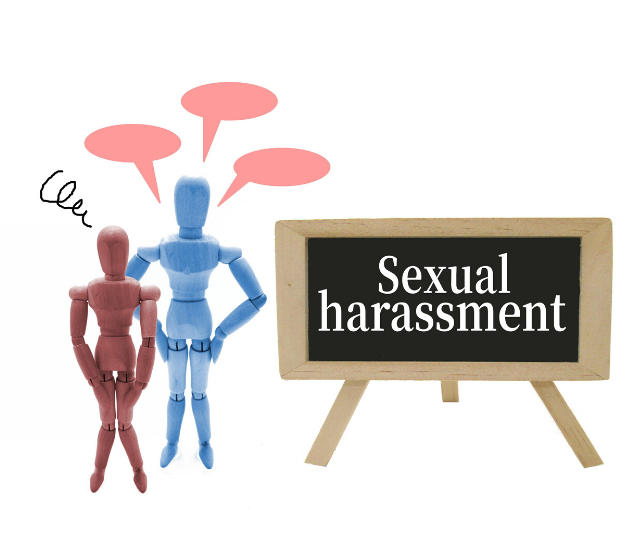Understanding California Sexual Harassment Laws
Sexual harassment laws in California are among the most essential and active parts of the state’s employment discrimination jurisprudence. In 2015, one in five complaints received by the Department of Fair Employment and Housing (DFEH) in California involved sexual harassment. This article will discuss sexual harassment in California law, describe each type of sexual harassment legally, and provide some employee protections from sexual harassment.
What Is Sexual Harassment As per the Law?
California law considers any unwanted verbal, physical, or visual sexual conduct as sexual harassment. These actions must be pervasive or severe, or they must result in a hostile workplace or affect an employee’s working conditions to be a form of sexual discrimination. Four main elements in the legal definition of sexual harassment are:
Unwanted or Unwelcome
The harasser should be aware that their conduct is unwanted and unwelcome to the recipient.
Sexual Nature of the Conduct
The verbal, physical, or visual conduct must be sexual in nature.
Pervasive or Severe
The conduct in question should either be pervasive or severe. If it is pervasive, then the conduct occurred for a substantial period. If it is a particular incident, then it must be a severe situation.
Creates a Hostile Workplace Environment or Affects Working Conditions
The rejection of a supervisor’s inappropriate advances created adverse conditions for the employee, such as losing one’s job or not receiving an opportunity for promotion.
Given these intricacies, victims need to enlist the services of a seasoned California sexual harassment attorney to help establish a case and pursue a legal claim.
Categories of Sexual Harassment
California broadly recognizes two categories of sexual harassment:
Quid Pro Quo Sexual Harassment
In this case, the perpetrator makes a term of employment conditional upon the victim’s acceptance of their sexual advances.
Hostile Work Environment Sexual Harassment
In this scenario, the unwelcome and inappropriate sexual behavior of an individual creates a hostile or abusive work environment for the victim. It does not have to involve any direct sexual advances.
Employee Protection Under FEHA
The Fair Employment and Housing Act (FEHA) aims to protect workers from sexual harassment. California sexual harassment laws under FEHA apply to both public and private employers, employment agencies, and labor unions. FEHA also applies to contract employers, local and state governments, and state licensing boards.
These laws provide remedies against sexual harassment to the victims. If you suffer workplace sexual harassment in California, you can file a lawsuit for financial damages, seek job reinstatement, and even pursue an injunction requiring an employer to change their workplace sexual harassment policies. Before filing a sexual harassment lawsuit, the victim must first file a complaint with the California DFEH or EEOC.
The law not only protects workers from sexual harassment, but it also defends them from potential retaliation of an employer after they report the incident. Witnesses supporting the victim’s claim of sexual harassment also receive protection under California law.
Speak to a Top-Rated California Sexual Harassment Lawyer Today!
Are you a victim of sexual harassment in the workplace, but you are unsure of how to proceed? The first thing you need to do is to contact an experienced and professional sexual harassment attorney in California. At the Law Offices of Jeffrey Fleitman, we fight tooth and nail to achieve the best outcomes possible for our clients, and we’ll do the same for you. Call us today at 310-695-1910 or fill out our online contact form for a free initial consultation.


